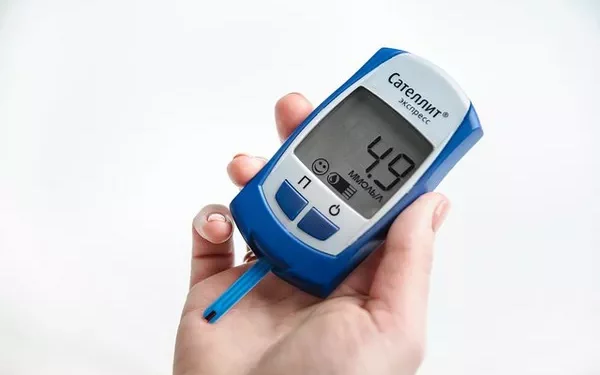Research from Maastricht UMC+ has revealed that hundreds of thousands of people in the Netherlands with pre-diabetes are at an increased risk of heart attacks and strokes within the next eight years. The groundbreaking study suggests that around one in six individuals—approximately 1.4 million people—living with pre-diabetes could be affected.
This research marks the first time the health consequences of pre-diabetes have been formally examined. It challenges the previous belief that no damage occurs during this early stage of the disease. Dr. Martijn Brouwers, a diabetes specialist and researcher at Maastricht UMC+, explained that this new evidence emphasizes the need for individuals to adopt healthier lifestyles to prevent further health complications.
“Many people are unaware they are pre-diabetic, and as a result, their high blood sugar levels can cause damage by clogging arteries in the brain and heart,” Brouwers said in an interview with Telegraaf. “This study serves as a wake-up call.”
However, there is hope. Experts emphasize that pre-diabetes is reversible with lifestyle changes. Diena Halbertsma, director of the Diabetes Fonds charity, underscored the importance of early intervention. “The earlier you take action, the less long-term damage will occur. A healthier lifestyle, including quitting smoking, eating a balanced diet, and increasing physical activity, can reduce the risk of progressing to type 2 diabetes by half,” she said.
With nearly half of the Dutch population classified as overweight and projections indicating that two-thirds of the population will be obese by 2050, the risk of diabetes is set to rise dramatically. Halbertsma warned that without action, the country could face an overwhelming number of new cases.
To help people assess their risk, the Diabetes Fonds offers an online test. Individuals identified as at risk are encouraged to visit their family doctor for a blood test.
Brouwers also called on the government to take proactive steps, such as subsidizing sports clubs to make exercise more accessible and lowering VAT on healthy foods.
Related topics:
Sugar Substitute Erythritol Linked to Increased Stroke Risk, Study Reveals


























